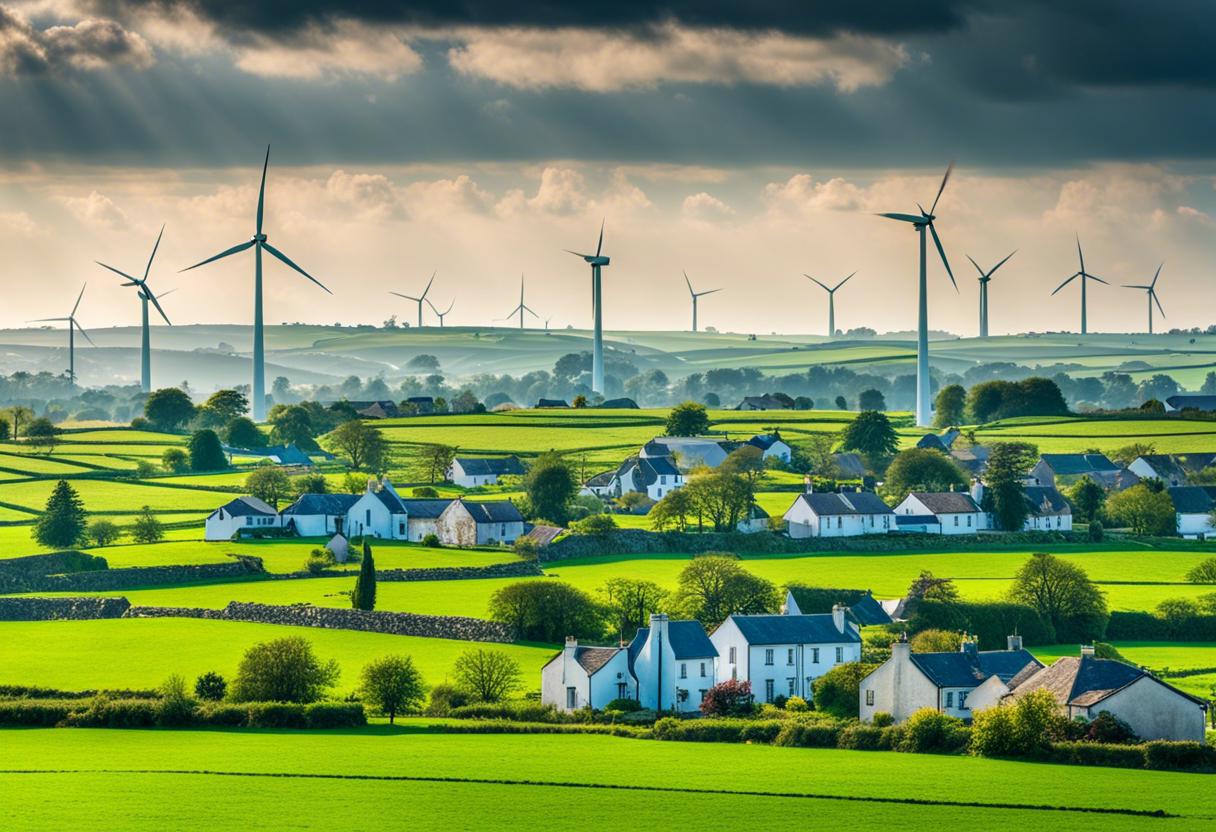Frontline Bikes, situated in Inchicore, Dublin, serves as a dual-pronged community initiative, tackling problems of addiction and promoting a sustainable environmental approach by reconditioning used and discarded bicycles. This project, according to CEO Stuart Fraser, serves as an excellent illustration of “circularity”, a fast-growing principle that prioritises refurbishment over waste disposal.
Fraser was among the attendees at Richmond Barracks on Thursday, participating in a community-based event spotlighting climate activism, led by author and comedian Colm O’Regan. O’Regan’s book, Climate Worrier – a hypocrite’s guide to saving the planet, addresses numerous complexities and contradictions individuals face while striving for sustainability.
O’Regan himself, a resident of Dublin 8 and Inchicore Environmental Group member, has both been a customer of Frontline Bikes and has bought abandoned bikes from the company for renovation.
This unique venture makes a significant impact, with Fraser stating they aid approximately 300 individuals confronting addiction per annum. The added environmental dimension has only served to amplify their popularity, encouraging patrons to re-evaluate their consumer habits.
Fraser recounted the transformation of four addicts, who have become some of the firm’s best mechanics over time. Furthermore, he highlighted the financial efficiency of the program, stating that the annual cost of rehabilitation through Frontline Bikes is €63,000 less than prison expenses for the same individual.
Moreover, the Pocket Forests scheme, which began in Dublin 8 in 2020 and emphasises the maximisation of sparse land for the planting of indigenous trees and shrubs, is also making waves. Despite the startling lack of native woodland in Ireland, Catherine Cleary, the co-founder of this initiative, believes urban conservation is critical. She argues this not only boosts pollinator communities but also provides communal areas, changes local attitudes and prevents certain plants from being labelled as “weeds”.
In efforts to combat climate crisis and loss of natural resources at a local level, Cleary asserted the necessity of trying new things, even when unfamiliar. This invites an energetic response from individuals and nurtures a sense of goodwill, all while reviving our joy drawn from nature.
Environment Minister, Eamon Ryan, was in attendance to listen to the success stories from local communities. He then introduced a fresh national campaign focused on encouraging collaboration in tackling climate change and fostering community resilience. This initiative, named Climate Actions Work, would support projects guided by communities to drive larger participation.
Ryan stated that the need of the hour was a drastic transformation in our everyday lives to face the biggest challenge we’ve yet faced. He questioned why there wasn’t an equivalent reaction to such a demanding situation. Perhaps it’s because individuals were contemplating on how to handle this reality, inspiring themselves and others to act upon it. He stressed that the important step now was sharing these stories amongst one another.
The Minister emphasised the central role of community activism and change, a process that should not involve blame or shame. He acknowledged that the Irish populace certainly cares about climate change and is worried about the impact it bears on their lives. Importantly, he noted, they also believe in the effectiveness of climate actions, which can not only increase the country’s resilience but also generate greener jobs and opportunities and enhance life quality.
Concluding his address, the Minister stated that the new campaign seeks to amplify the existing momentum across the nation – from bog replenishment activities in Roscommon to community energy in Cabra. He affirmed that every location and individual plays a crucial role in the fight against climate change.

